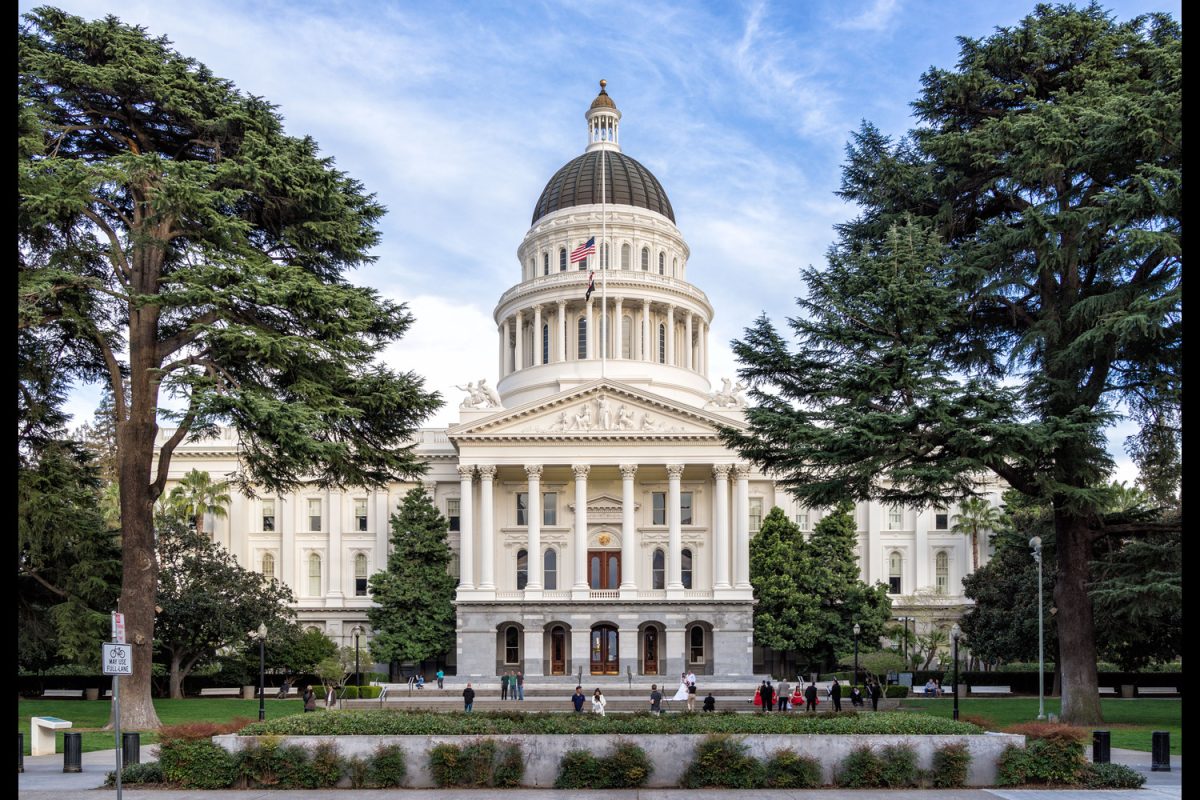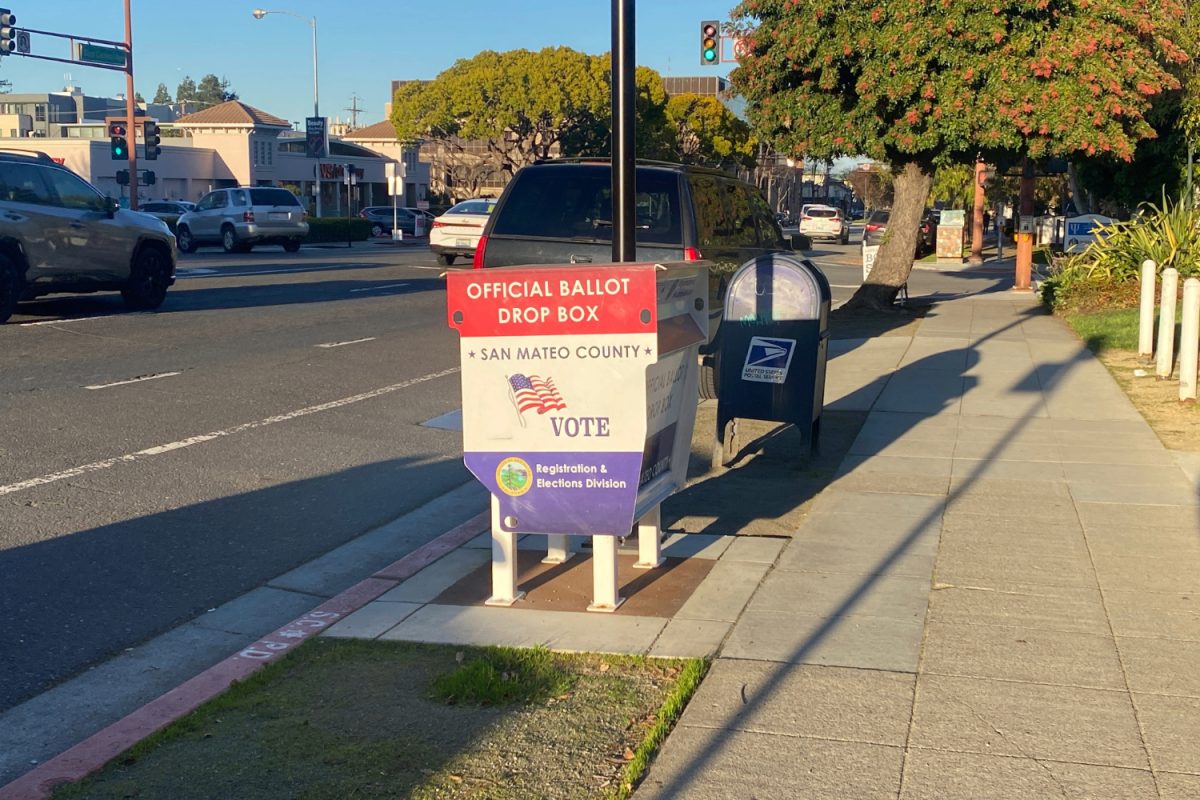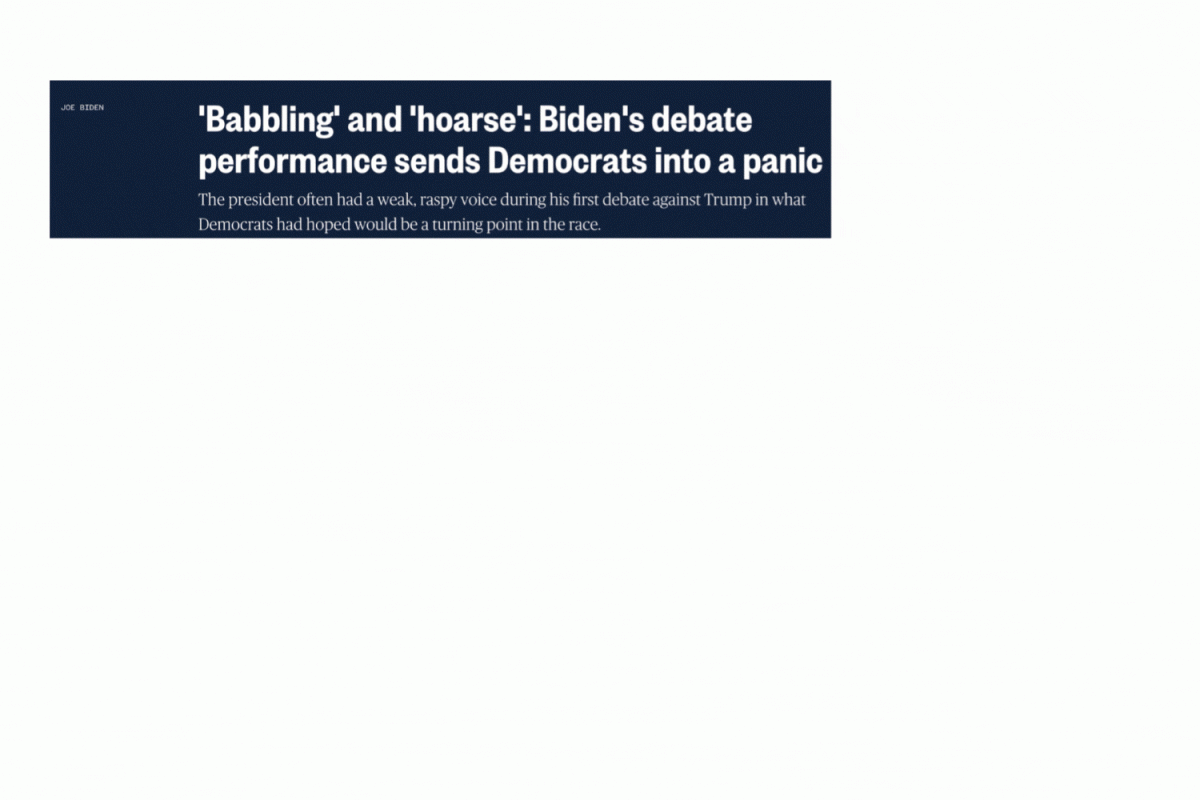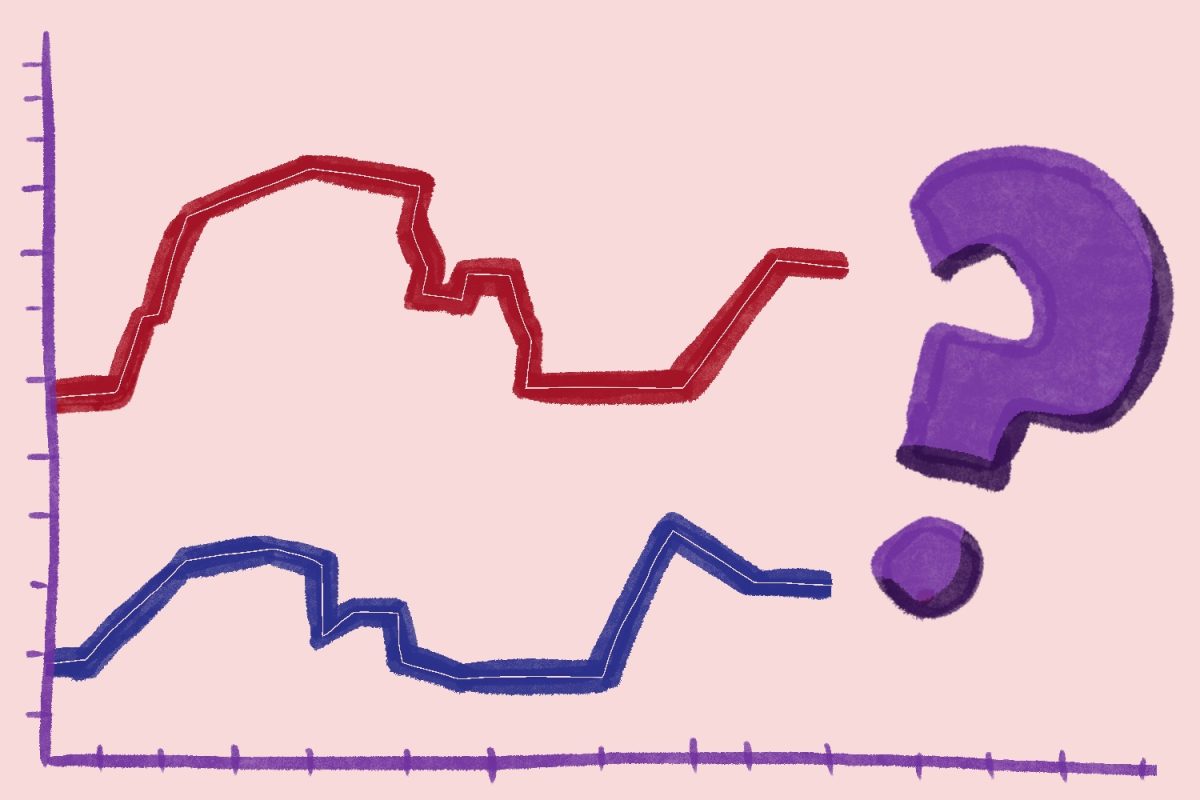While California remains a Democratic state, many counties are now voting Republican, as they dislike many of the current policies particularly regarding the economy.
“I’ve seen a lot more people rallying on the street supporting Trump this year,” said Rami Malik, a sophomore. “I also noticed many signs supporting him in my neighborhood.”
The growing dissatisfaction with the Biden administration has caused many voters, mainly in the lower classes, to vote against the incumbent party. This shift is best seen in inland counties such as Fresno and San Bernadino, which voted for Biden in 2020 but have flipped to Trump in 2024.
In the last four elections, San Bernardino County, in the southeast of California, has voted for a Democratic president by at least five points.
This year, however, Trump has won the county by a small margin.
These counties in California are not alone. In fact, 80% of incumbents in countries with a Democracy Index of 5 or higher that held elections this year were voted out of office.
In some of these countries, such as Brazil, Italy, the United Kingdom, and Argentina, voters have increasingly turned against their incumbent leaders, citing economic instability, inflation, and job insecurity as driving factors.
“Incumbents being voted out is a trend worldwide because people were unhappy with the increase in prices after COVID. After the shortage of products, which led to inflation, a lot of those prices have come down, but not enough for people to feel it,” said David Weyant, a teacher of the Introduction to Business courses at Carlmont.
Argentina is an extreme example of this, as they faced inflation up to 100% and had a black market for currency exchange. They elected Javier Milei in late 2023, an outsider from a different party. He ran on a platform based solely on cutting public spending and government interference, and it worked, as he was elected president.
Another example is in Japan, where no party got 200 seats in the House of Representatives for the first time since 1955. This was due to the incumbent party losing almost 68 out of their 259 seats up for re-election.
The U.S. is one of these countries, with the voting against the incumbent seen in the swing states that Trump won. The main factors are high living costs and inflation, leading to higher costs of goods. Many voters elected Trump as they believed that their economic status between 2016-2020 was better than their financial status between 2020-2024.
“The stock market is doing well. The economy is doing well. Unemployment is lower. Wages are up, but people are still feeling the pain of having to pay higher prices,” Weyant said.
The focus of Trump’s economic plan is to cut taxes for people at all levels of income. For businesses, one of his main arguments is that reducing taxes and regulation will stimulate business growth.
However, critics argue that his policies disproportionately benefit the wealthy. Tax cuts for the top income earners would widen the income gap, while deregulation could weaken environmental protections and erode labor rights. Experts warn that Trump’s policies could harm working-class families who are already experiencing economic pressure.
“Although I don’t agree with some of his economic policies, this could be his chance to prove himself at a time when the economy is struggling,” said Filip Pejakovic, a sophomore. “It’ll be interesting to see if he can maintain this momentum for his party in the next election or if voters start to swing back as other issues come into play.”
California itself has seen similar frustrations to the government, with voters feeling disconnected from the state’s political leaders due to rising costs and economic pressures. This was shown in the counties that flipped Republican in California. Additionally, residents are expressing dissatisfaction with high housing costs, the state’s handling of taxes, and its policies relating to economic relief.
“I think it is important to pay attention to the policies right now because when the next election rolls around, I will be eligible to vote,” Malik said.













Paul Wang • Dec 18, 2024 at 9:52 am
Everett, I think your analysis on Javier Milei is mistaken. Milei ran on a platform of dollarization, not cutting public funding. He proceeded to cut public funding after he was elected and realized he could not implement dollarization.